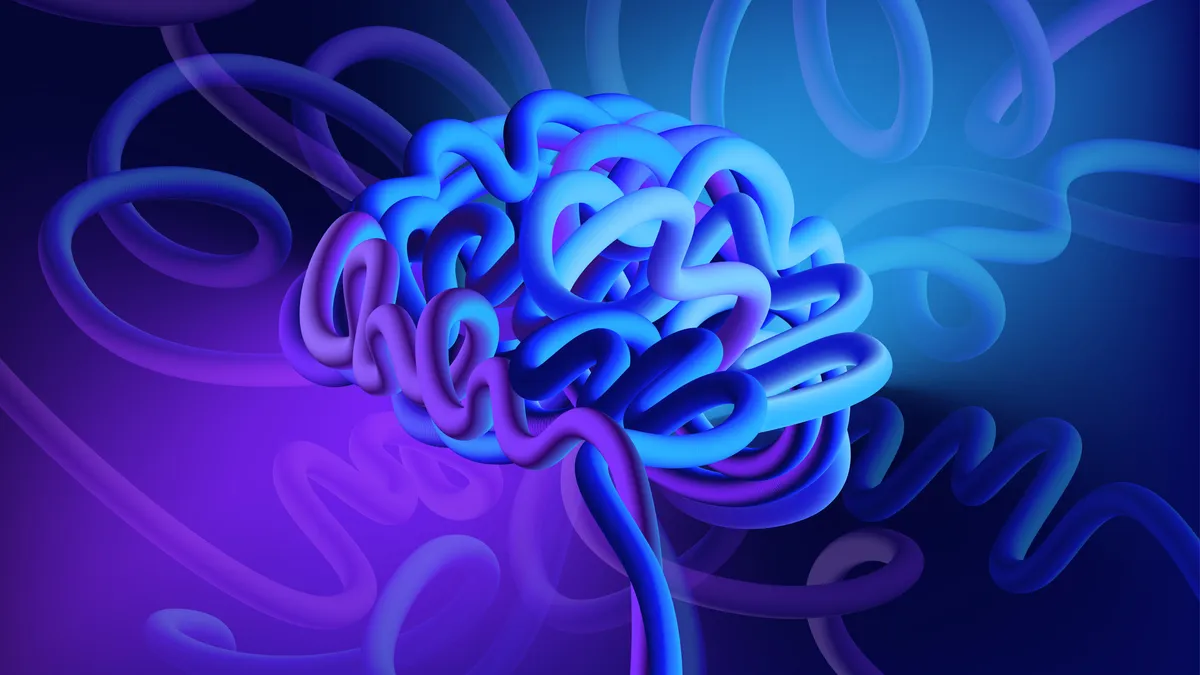By Campbell Academic Technology
Copyright zdnet

Follow ZDNET: Add us as a preferred source on Google.
ZDNET’s key takeaways
AI’s use is worrying Americans, a new report found. A majority of Americans don’t want it replacing human cognition. Still, they are OK with some of AI’s use cases.
A new report on Americans’ AI views highlights their concern over the technology’s impact on human cognition, like creativity, problem-solving, forming meaningful relations, and making hard decisions.
A majority of Americans say that AI will worsen people’s creative thinking skills, according to a recent Pew Research Center report. Half of the respondents reported that AI will worsen human’s abilities to form meaningful relationships with others.
Also: Students are using AI instead of building foundational tools
The report arrives at a critical point in AI’s role in education. Students are using AI at an alarming rate, and teachers worry that their dependency on the technology will stall the development of foundational skills. Eighty-six percent of students reported using AI in their studies, according to a report by Campbell Academic Technology Services.
“As a school teacher, I understand how important it is for children to develop and grow their own curiosity, problem-solving skills, critical thinking skills and creativity, to name just a few human traits that I believe AI is slowly taking over from us,” one respondent told Pew.
The findings reflect a disconnect between the creators of this technology, who champion its deployment, saying it is one of the most impactful technological advancements to date. OpenAI CEO Sam Altman, in a discussion with MIT, said AI is “the biggest, the best, and the most important” of the technology revolutions.
Also: AI agents arrive in US classrooms
Meanwhile, the general public appears more skeptical. In fact, 76% of respondents reported wanting to know if the media they consume is made by AI.
The report wasn’t all AI doom and gloom. Americans are more supportive of some AI uses, including its ability to forecast the weather (74%), search for financial crimes and fraud (70%), develop new medicine (66%), and identify suspects in crime (61%). Respondents seemed to be more agreeable toward the more scientific, computational tasks AI can fulfill, while skeptical of its replacement of cognitive tasks tied to the human experience.



